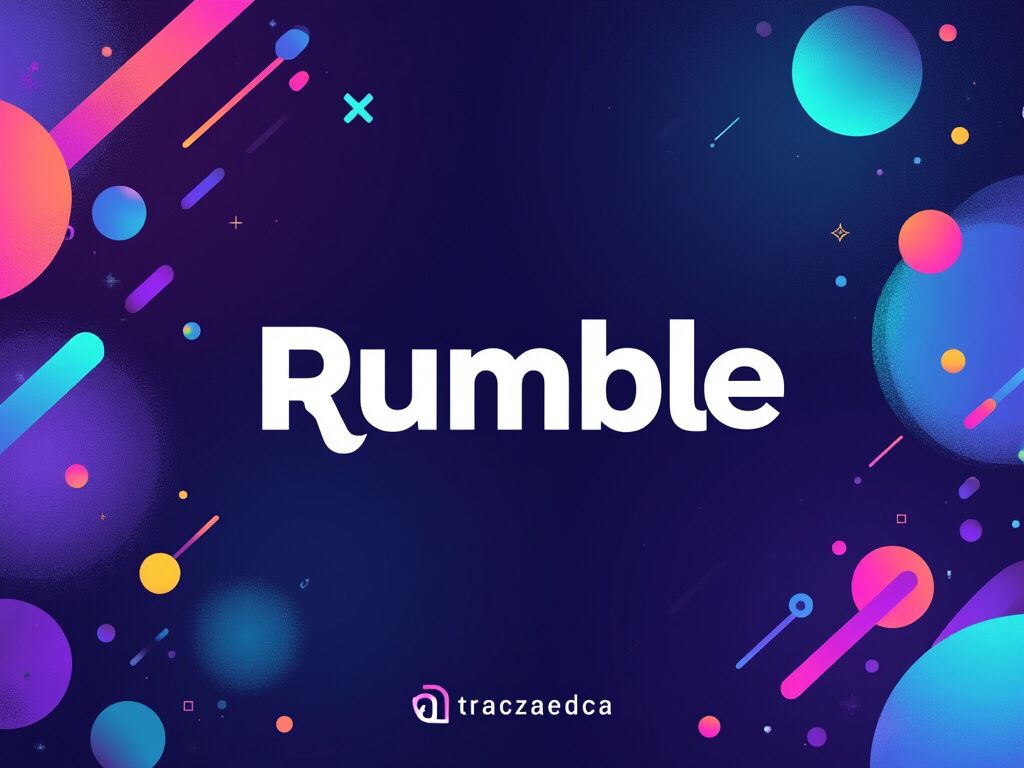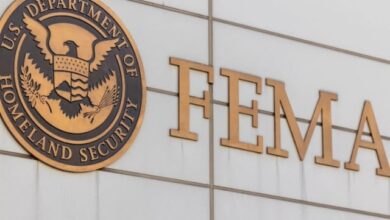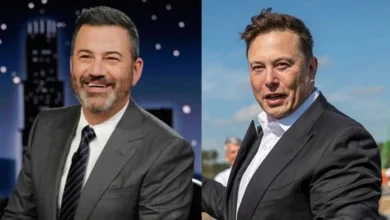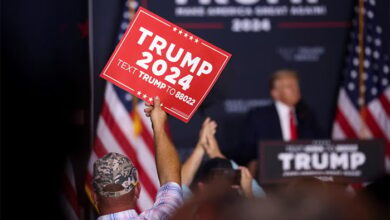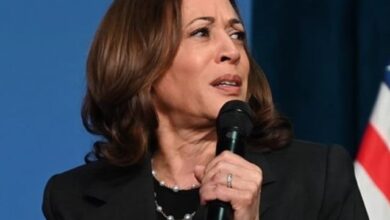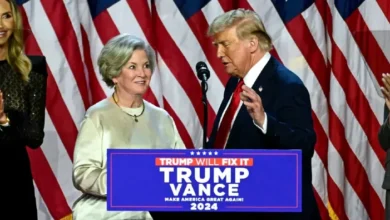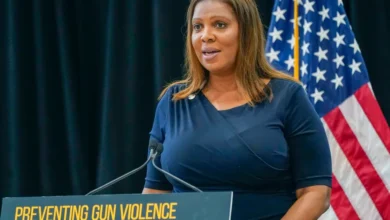** The Escalating Battle Over Free Speech: Arrest Warrants for Rumble and GAB CEOs**
**Introduction**
In what many are calling a significant escalation in the war over internet freedom, arrest warrants have reportedly been issued for Chris Pavlovski, CEO of Rumble, and Andrew Torba, CEO of GAB, on charges including Conspiracy to Defraud the United States. This development follows closely on the heels of the arrest of Telegram CEO Pavel Durov in France, signaling what could be perceived as a coordinated crackdown on platforms known for their lenient content moderation policies.
**The Background**
The situation began unfolding when Pavel Durov was detained in France, accused of failing to moderate content on Telegram adequately, which led to his arrest on charges ranging from terrorism to fraud. This incident not only highlighted the ongoing debate over the responsibilities of tech CEOs in content moderation but also sparked a global conversation on freedom of speech versus legal accountability.
**The Arrest Warrants**
Following Durov’s arrest, the news of warrants for Pavlovski and Torba surfaced, causing a stir across social media platforms, particularly on X (formerly Twitter), where users expressed outrage and concerns over the implications for free speech. The charges against the CEOs of Rumble and GAB, platforms known for hosting content that might be deemed controversial or conservative, suggest a pattern of targeting tech leaders who resist stringent content moderation.
**Public Reaction and Legal Perspectives**
The public reaction has been one of alarm, with many seeing these actions as an attack on the very principles of free speech. Legal experts and constitutional attorneys have entered the fray, with some, like a constitutional attorney referenced on X, suggesting skepticism about the authenticity of the circulating arrest warrants. This has led to a split in public opinion, with some calling for caution in accepting these reports at face value.
**Implications for Free Speech and Tech Regulation**
The potential arrest of these CEOs could set a precedent for how governments approach content moderation and the legal liabilities of platform operators. Critics argue this move could chill free speech, pushing platforms towards over-moderation to avoid legal repercussions. Conversely, supporters of stricter regulations see this as a necessary step towards holding tech giants accountable for the content they host, especially in cases involving criminal activities.
**The Debate Over Tech Responsibility**
The debate intensifies around the question of where the line should be drawn regarding tech companies’ responsibilities. While platforms like Rumble and GAB argue for minimal moderation to foster free speech, governments and some public sectors push for more control, citing security and societal harmony. This clash has now moved from the digital realm to the legal one, with real-world implications for how online platforms operate.
**Conclusion**
As of now, the situation remains fluid, with conflicting reports on the authenticity of the warrants. However, the mere discussion and the actions taken against Durov have already shifted the conversation around internet freedom, content moderation, and the legal boundaries of tech CEOs. This story, unfolding in real-time, underscores the delicate balance between freedom of expression and the governance of digital spaces, a balance that will likely be redefined in the coming days or weeks. The global community watches, waiting for official confirmations or denials, as this case could reshape the digital landscape for years to come.

